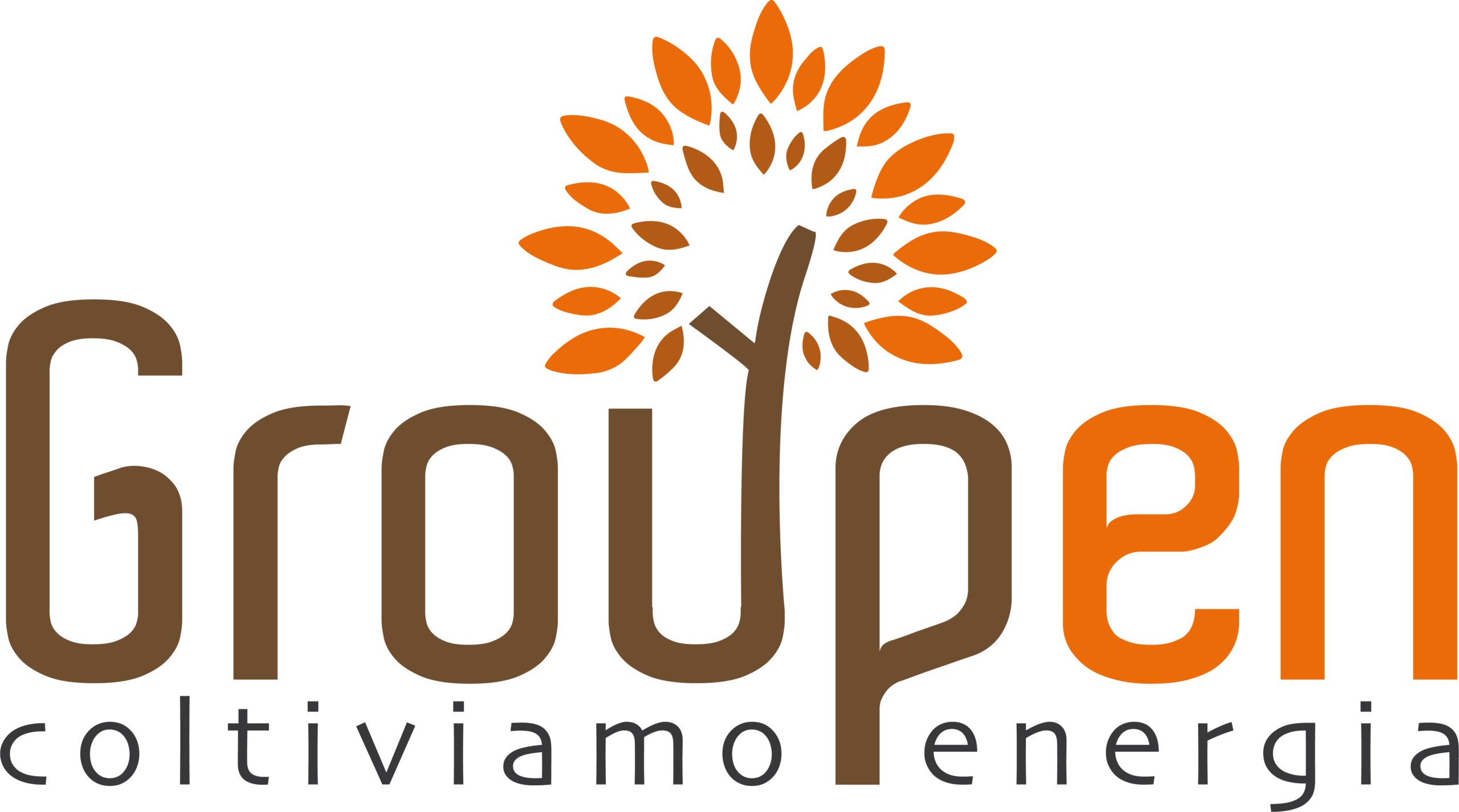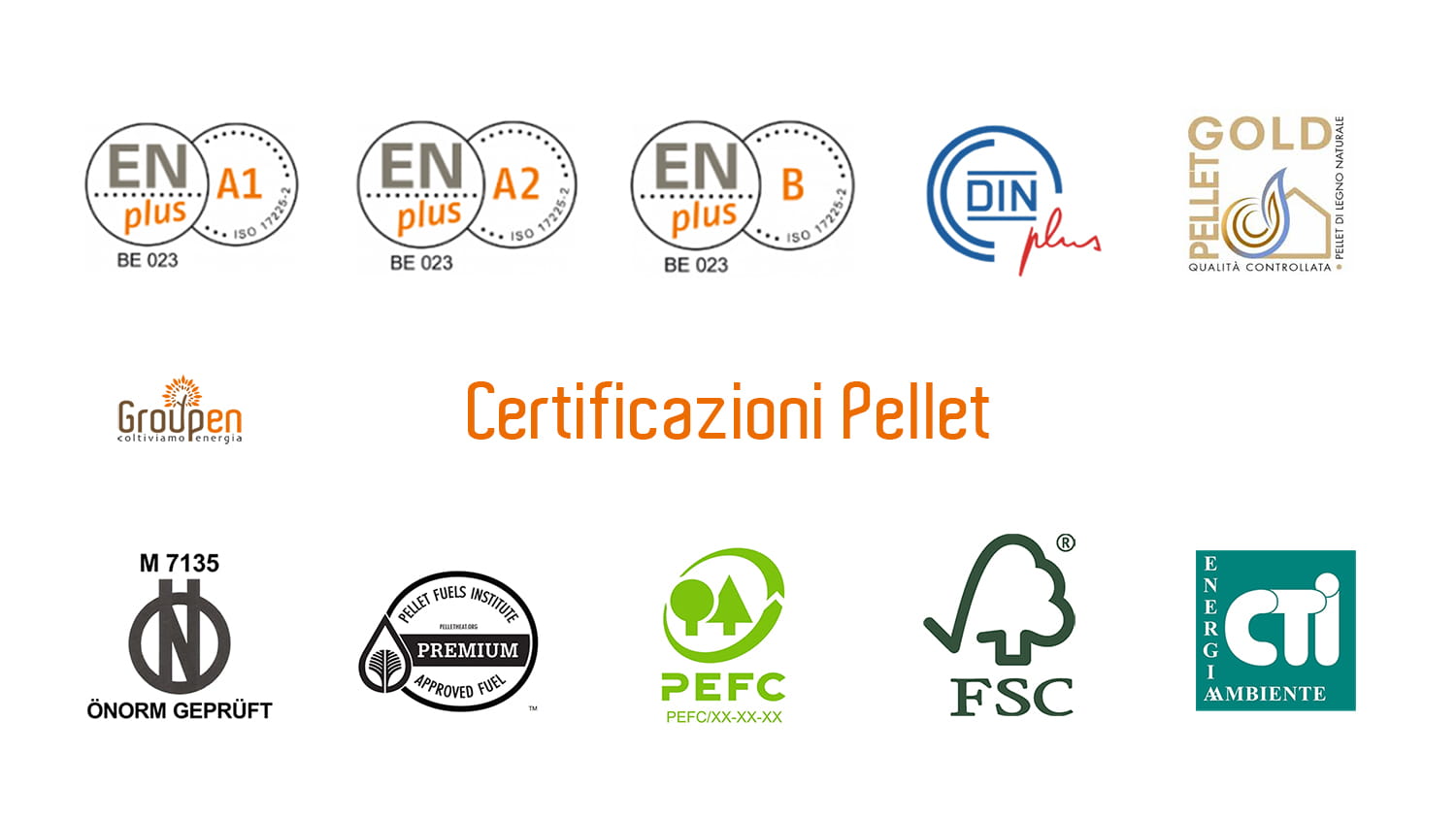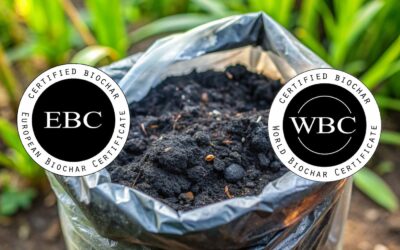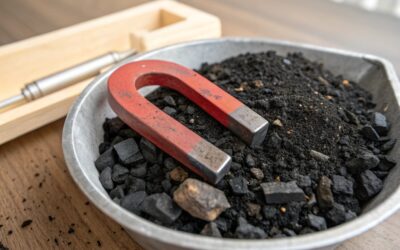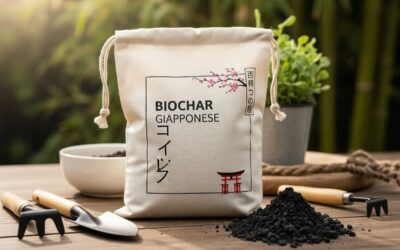In the home heating landscape, pellets stand out as an eco-friendly and economical option. However, not all pellets are created equal. Certifications play a crucial role in ensuring that products meet rigorous quality standards, giving consumers the peace of mind of choosing a reliable and efficient fuel.
Overview of Pellet Certifications
Pellet certifications are synonymous with controlled quality. These special labels are awarded only after the product has passed a series of rigorous tests and inspections conducted by specialized bodies. The primary objective is to ensure that the production process complies with current regulations and established quality standards.
Although there are several international certifications, they all aim to provide a reliable indication of pellet quality. Some of the major globally recognized certification marks include:
Renowned International Certifications
- ENPlus (Europe, International)
- DIN 51731 and DIN Plus (Germany)
- ÖNORM M 7135 (Austria)
- The British BioGen Code of Practice for Biofuel (UK)
- Standard Regulations & Standards for Pellets in the US: The PFI (United States)
- SN 166000 (Switzerland)
- SS 187120 (Sweden)
- HD+
These certifications guarantee that the pellets meet specific quality requirements, such as low ash content, optimal humidity and high calorific value .
ENplus Certification: A European Standard
In 2010, the European Pellet Council (EPC) introduced ENplus certification, which quickly became a reference standard throughout Europe. This certification is based on the EN 14961-2 standard and covers the entire pellet supply chain, from wood sourcing to production, storage, transportation, and final distribution.
The ENplus certification divides pellets into three categories:
- ENplus – A1 : High-quality pellets with an ash residue of less than 0.7%.
- ENplus – A2 : Lower quality pellets with an ash residue of less than 1.5%.
- EN – B : Low quality pellets, suitable for industrial use only.
In Italy, the reference association for ENplus certification is AIEL (Italian Agroforestry Energy Association), which brings together certified production and distribution companies.
Why Choose Certified Pellets?
Choosing certified pellets offers numerous advantages to consumers. Here are some of the main reasons why it’s worth investing in quality-labeled products:
- Energy Efficiency : High-quality pellets burn cleaner and more efficiently, maximizing heat output and reducing waste.
- Lower Environmental Impact : Certifications guarantee that the pellets are produced from renewable and sustainable raw materials, helping to reduce the ecological footprint.
- System Protection : Using poor-quality pellets can cause ash buildup, blockages, and damage to heating systems. Certified products minimize these risks.
- Economical Savings : Although certified pellets may have a slightly higher initial cost, their high energy efficiency and long shelf life make them more cost-effective in the long run.
How to Recognize a Certified Pellet
To ensure you’re purchasing certified pellets, it’s important to pay attention to a few key details. Here are some helpful tips:
- Check the Certification Mark : Look for the certification logo on the product packaging or documentation. The most common marks are ENplus, DIN, ÖNORM, and PFI.
- Check the Identification Code : For ENplus certification, the manufacturing company’s identification code consists of the country code (e.g., IT for Italy) followed by three digits. Numbers from 0 to 299 identify manufacturers, while numbers over 300 indicate importers.
- Website Verification : Many certification organizations maintain an online database of accredited manufacturers and importers. You can verify whether the identification code corresponds to a legitimate company.
- Check the “Blacklist” : Some certification organizations also publish a “ blacklist ” of companies that have misused their quality marks. This list can help you avoid falling victim to scams.
Conclusion
Pellet certifications play a crucial role in ensuring the quality and reliability of this environmentally friendly fuel. By choosing certified pellets, consumers can benefit from more efficient, economical, and environmentally friendly heating. With greater awareness and attention to detail, you can easily identify high-quality products and enjoy superior home comfort.
